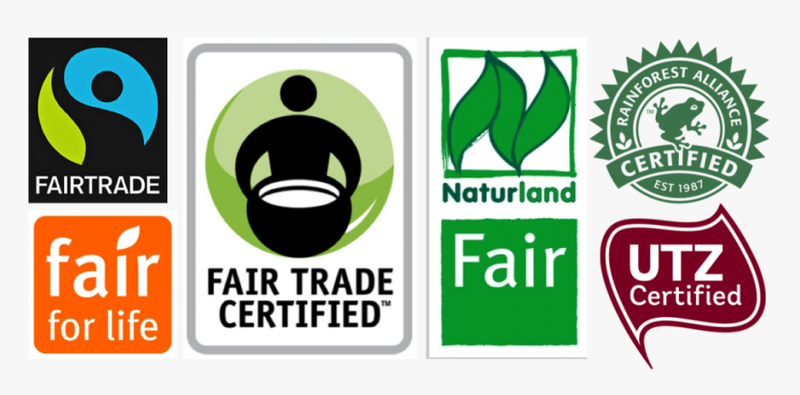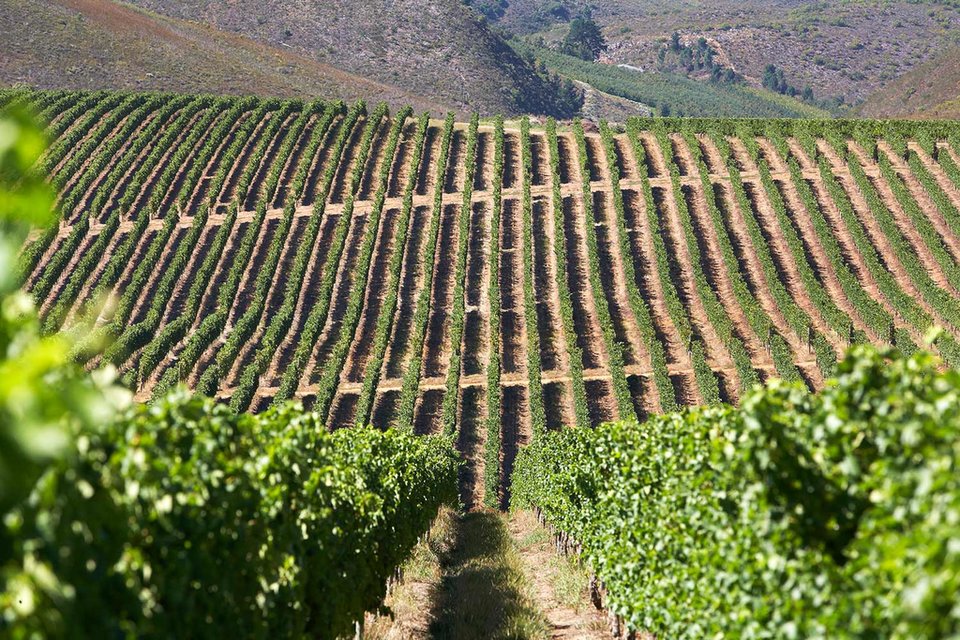
Doing
good deeds
Generations Z and Alpha are very different in their broader life outlook than the Generation Y or Millennials which precede them.

Sociologists believe that one of the biggest differentiators between earlier generations and Millennials, Gen Z and the new Generation Alpha are in their varying social consciences. With Millennials having been born between 1980 to 1996, Gen Z from 1996 to 2010 and Alpha from 2010 onwards, their outlook is informed by topics such as climate change, ecological awareness or social and gender issues.
Ethics is defined as the moral principles that govern a person’s behaviour or the conducting of an activity. Commercial organisations and corporations are cottoning on to this. It’s why retailers no longer offer plastic bags to shoppers.
“Fairtrade is a simple way to make a difference to the lives of the people who grow and create the things we love.
How often do we as individuals have the opportunity to make a principled decision? The answer is more frequently than you’d probably realise. It’s possible to decide to buy a bar of chocolate that has been ethically sourced, not using child labour for cocoa bean harvesting, for instance. Or to purchase a Fairtrade bottle of wine, jar of coffee, wear clothes made with ethically sourced cotton, drink Fairtrade tea, use Fairtrade sugar.
It’s difficult to be ignorant of the Fairtrade seal, but does the average consumer truly understand what Fairtrade is all about? As its own website states: “Fairtrade is a simple way to make a difference to the lives of the people who grow and create the things we love. It’s all about making trade fair.
“Fairtrade is the most recognized and trusted sustainability label in the world. We are a global organization that is co-owned by more than 1.8 million farmers and workers who earn fairer prices, build stronger communities, and have control over their futures.”

The emphasis is on trust and sustainability – and those buzzwords appeal to Gen Z since they mesh with their personal ethics. By means of stringent control, auditing and monitoring the supply chain, it has become an incredibly strong change mechanism. Fairtrade changes peoples’ lives.
Fairtrade covers a host of economic sectors, the top six being bananas, cocoa, coffee, flowers, sugar and tea. There are a host more: fruit and juices, gold and precious metals, honey, herbs and spices, nuts and oils, composite products (chocolate bars, cookies etc.), wine, quinoa, even sports balls!
At the height of the pandemic in 2021, there was a telling report in The Guardian newspaper: “Fairtrade fortnight which starts next week, has become such a familiar February institution that it could easily pass you by, but the South African wine industry, which accounts for 77% of all Fairtrade purchases, really needs our support right now. The country’s producers have had an especially tough 12 months, having just emerged from another ban on domestic sales, and face a distinctly uncertain future.”
That was a rallying call to consumers to do the right thing – by buying Fairtrade wine to support not only the respective wine producers but the jobs and livelihoods of the people actually working in the cellars and vineyards too. And they did, the point being that consumers could confidently buy Fairtrade products – not just wine, but coffee, tea, fruit and sugar– in the knowledge that all steps in the process ensure a positive outcome for the person who has cut the cane, harvested the cocoa, coffee or grapes. That’s what paying a small premium on the Fairtrade product ensures. Its principles are based on fundamental human rights and environmental protection for generations to come. Already there are more than 1.5 million farmers and workers around the world who have been positively affected by Fairtrade. Almost a decade ago, Fairtrade vineyard workers and farmers received €1 595 300 (R25 million) in Fairtrade premium payments.

A healthy ecosystem is not only about the vines and soil but holistic production, extending to farm workers too. Image via Richard Kershaw Wines
Ever candid and honest, Tertius Boshoff, co-owner and cellar master of Stellenrust wines in Stellenbosch admitted that Fairtrade is “quite a mission … a helluva process to go through. At the time we decided to get Fairtrade accreditation in 2010, there were no other viable or worthwhile socio-economic equality programmes around.
“For us, it was never a method of selling our wines. When we gained certification in 2010, Stellenrust already had well established brands, with the awards and sales to prove it. Fairtrade was an informed decision to contribute further to our good relationship with our workers and to optimise the support we could give them on all different levels.”
Education was the most notable one. Tertiary education is expensive, regardless of the student’s background. “It was one of our proudest moments when the first farm child received a university degree. It showed that it was possible to outgrow the stigma that a farm child will become a farm worker once they finish secondary school.”
Boshoff said the growth in educational wellbeing over the past decade has made “massive changes to the social standard of our workers” and Stellenrust now boasts a number of graduates who have opted to return to the farm “at a level higher than a basic vineyard worker”.
It’s well worth “the hassle of the paperwork and on-going audits,” Boshoff maintains. “The systems and monitoring is impeccable. It creates straightforward principles to live and work by – whether you’re an employer or an employee of Stellenrust. The guidelines are quite clear and being audited bi-annually after a certain number of years of annual audits, keeps everyone on their toes to ensure that Fairtrade is a way of life on the farm and not a ‘once-every-two-year’ scramble to look the part. I’m sure if the process was easier more South African farms would sign up.”
And with testimonials and evidence such as the above, Fairtrade demonstrates that it’s possible to make a difference by exercising a purchasing decision and doing the right thing – the positive effects of that can be felt in communities not just in South Africa but the whole world.
BACK TO TOP